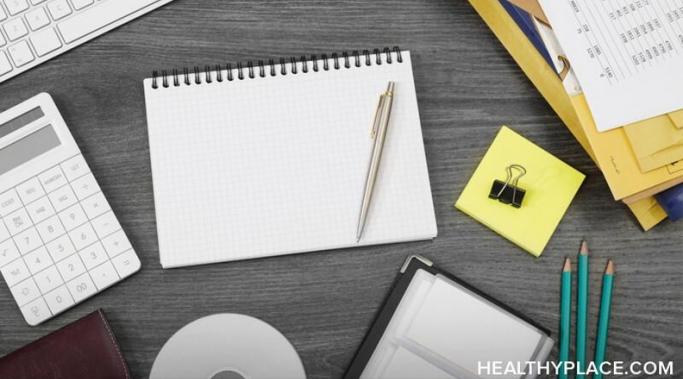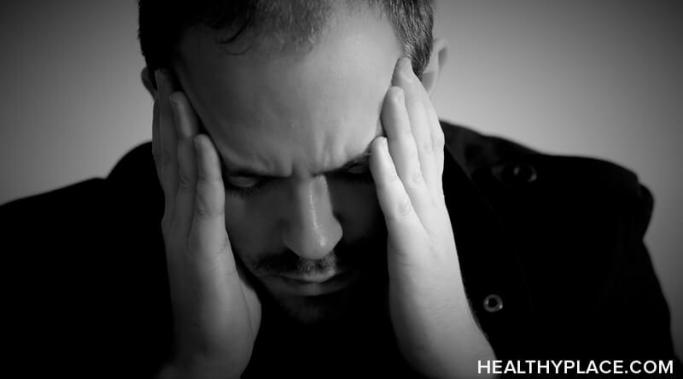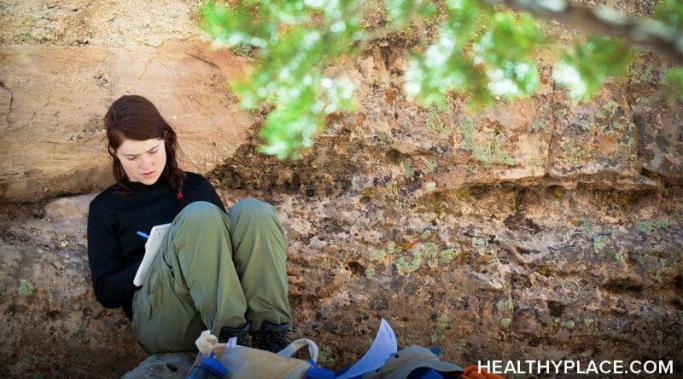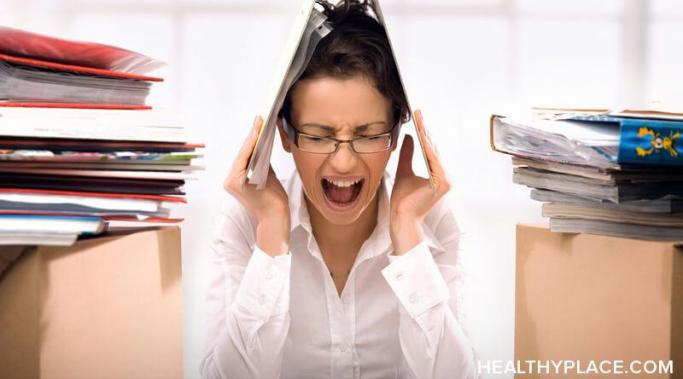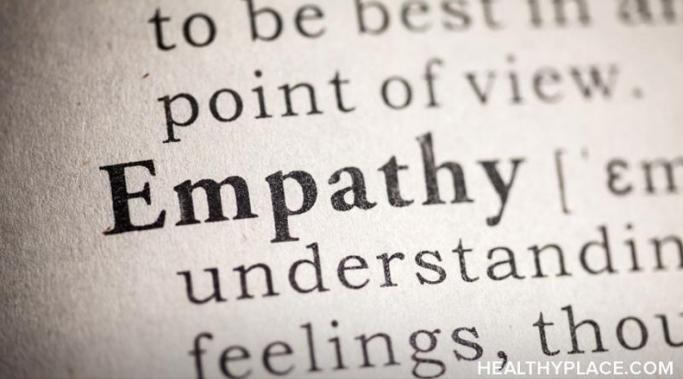I’m the kind of person that has a lot of hobbies. As such, I’m constantly coming up with ideas for creative projects related to those hobbies. The amount that I’ve been able to devote to those projects because of my anxiety, however, is nowhere near what I sometimes envision it to be. Oftentimes I am guilty of trying to do too many things at one time, and I need to be better about that.
Anxiety Management – Anxiety Schmanxiety
Physical health and mental health aren't separate concepts. Body, brain (the physical organ), and mind (our thoughts, feelings, sense of self, and much more) are deeply interconnected. To care for one requires us to care for the others, and by tending to all of them, we can function well despite any obstacle in our path--including anxiety. Use these four simple health tips to keep your whole self healthy so you can stay calm despite anxiety.
Some of you may have noticed that I took a break from blogging throughout most of August and the beginning of September. Last month, I made the conscious decision to walk away and take a break for the benefit of my mental health.
Losing a friend or loved one to suicide can be devastating and cause a storm of roiling emotions that threaten to overpower you. Among the many strong emotions you may be feeling are anxiety and guilt. These emotions are complex and multifaceted, making them hard to deal with. (Note: This post contains a trigger warning.)
To begin with an understatement, let's say that anxiety is frustrating and anxious thoughts disrupt inner tranquility. An equal understatement is that we don't have to give into anxiety and remain trapped. There are so many ways to beat anxiety, and there are strategies and tools for every personality and unique individual who experiences their own version of anxiety. An important part of gaining freedom from anxiety (which means both reducing anxiety symptoms and living well in spite of lingering symptoms) is knowing when to act on anxiety and anxious thoughts and when to be still.
Another school year is upon us. As always, anxiety is often an unwanted stowaway in backpacks or an unwelcome guest at home. This year, it may be even more prevalent than ever courtesy of the continued COVID-19 situation. Don't let anxiety tag along with your family this school year.
Do you procrastinate? If so, how's your anxiety? Many people are surprised to learn that procrastination and anxiety are often closely linked. Procrastination can be a defense mechanism to gain temporary relief from anxiety as you avoid anxiety-provoking tasks. Unfortunately, procrastinating can ultimately increase anxiety because of the added pressure and stress it adds to your already busy life. When you know more about what links these two cruel partners, you can recognize them as they occur and then take measures to stop procrastinating and reduce anxiety.
An anxiety plan is something you can create on your own or with a therapist as a type of mental health treatment plan. Such a plan can be as simple as anxiety-reducing ideas jotted down in a dedicated notebook or as complex as a detailed record of medications and their successes, notes you take when visiting with your doctor and/or therapist, the anxiety symptoms you experience and the circumstances in which you notice them, and any other detail about your anxiety and treatment of it that you find helpful.
Does the thought of going to the dentist or having dental procedures done cause your anxiety to skyrocket? If so, you're not alone. A whopping 50-80 percent of American adults report having some degree of anxiety about going to the dentist, and a study published in 2017 indicated that 19 percent of people showed moderate to severe dental anxiety and almost seven percent indicated a high degree of such anxiety.
I’ve talked in previous blogs about empathy, and how it’s essential for anyone with anxiety. Or any other mental illness. Or any other member of the human race.
